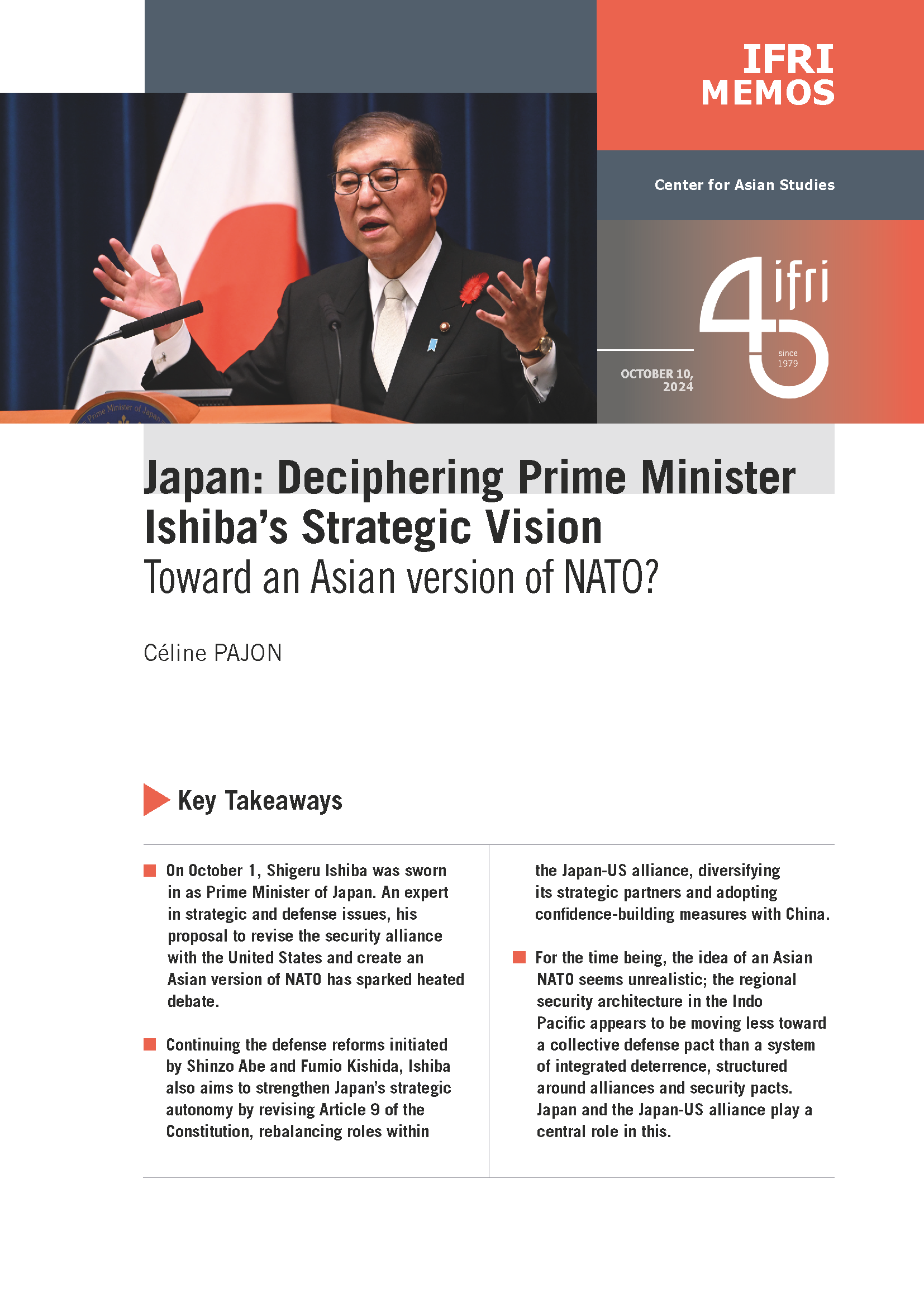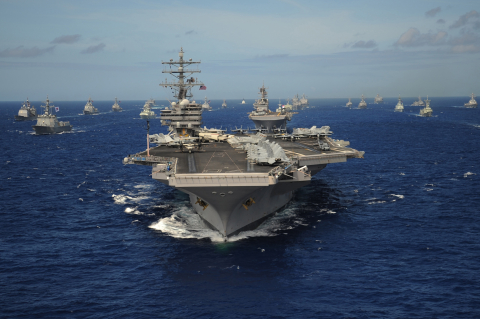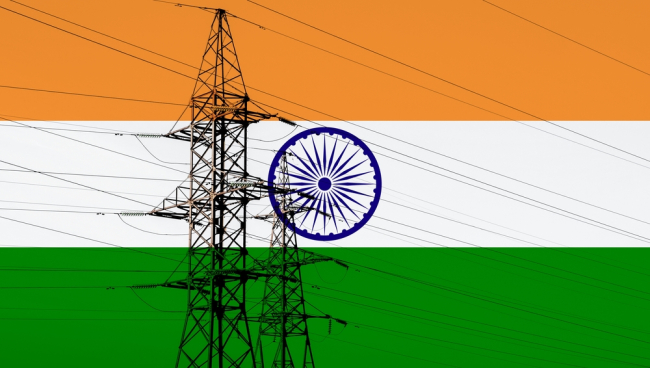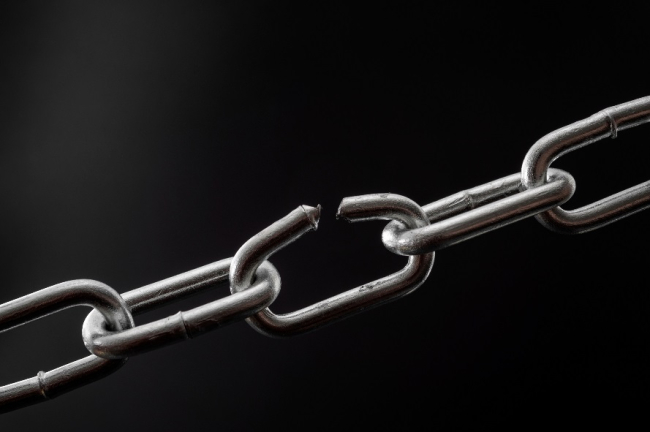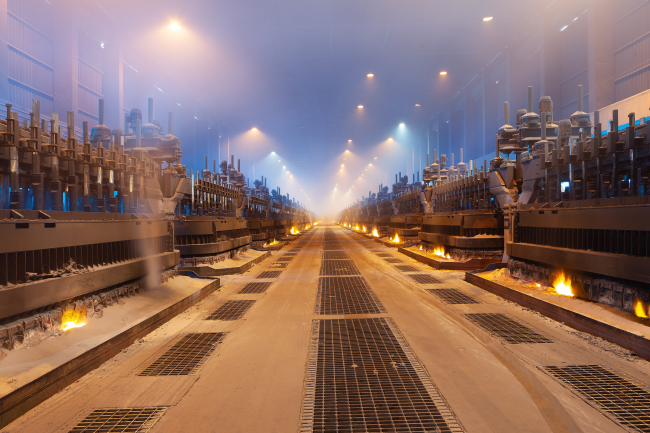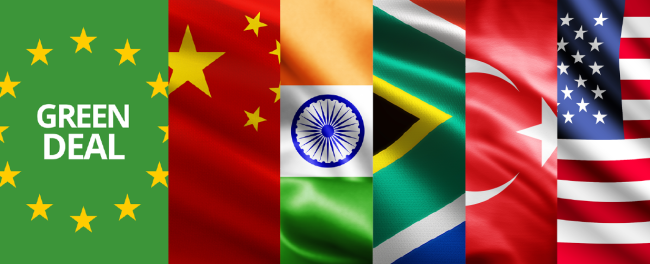US Unilateral Iran Sanctions - Coalition Busting

The US Congress is getting closer to making the same mistake it made in the US sanctions frenzy late last century. The Iran Refined Products Sanctions Act currently before the Congress has many of the same coalition busting characteristics of the Iran Libya Sanctions Act (ILSA) and the Helms Burton Act of the late 1990s. Europe has not forgotten the extraterritorial reach of ILSA or Helms Burton and is sure to have the same reaction to the new proposal with the consequence that Iran becomes a secondary issue compared to US allies" reactions to the US Congress seeking to subject their companies to US law.
There is every reason in the world for the US Congress to manifest its fatigue with Iran"s continuing defiance of world opinion. President Ahmadi-Nejad has a seemingly endless array of tactics to stall, divide, distract and otherwise frustrate world concern that his government cannot be trusted with nuclear arms. Empowering President Obama with Congressional Resolutions or a clear expression of the sense of the combined Chambers of the Congress could strengthen his diplomatic hand. But passing legislation that will unilaterally punish foreign companies supplying gasoline to Iran will only drive a wedge in the current (unprecedented) like-mindedness among allies and perm-five - just as ILSA did a decade ago. And the Act won"t work - it will just feel good.
Ask the US naval commanders who tried to contain Iraqi shipments of oil during the long embargo of the 1990s after the coalition pushed Saddam Hussein out of Kuwait. They will confirm that the Coastal waterways of the Gulf are impossible to police. There are plenty of individuals prepared to run blockades for the premium that will develop in Iranian markets for refined products. Over the past thirty years the Gulf area has developed many operators well trained in getting around sanctions and foreign naval presence. The fact that many of these activities will take place under the knowing noses of US friends in the Gulf will complicate diplomacy and co-operation there as well.
Current sanctions are biting in Iran and while the Security Council perm five is likely to remain divided on stronger sanctions, additional sanctions are available if the current like-mindedness can be preserved. Much can be done through specific impediments to non-Iranian bankers, insurance companies, traders, shippers and other market participants for whom the larger world market is more important that Iran. The world has a unique opportunity to ratchet up pressure on Iran - and doesn"t necessarily need a stronger Security Council decision to do it. It would be unfortunate indeed if the legislation under review in the US Congress would be passed into law, punishing foreign companies involved in refined product trade with Iran. Such a law is capable of shattering the considerable progress the rest of the world has reached in its conviction that it does not want Iran to have nuclear weapon.

Also available in:
Regions and themes
Share
Related centers and programs
Discover our other research centers and programsFind out more
Discover all our analysesIndia’s Broken Power Economics : Addressing DISCOM Challenges
India’s electricity demand is rising at an impressive annual rate of 9%. From 2014 to 2023, the country’s gross domestic product (GDP) surged from 1.95 trillion dollars ($) to $3.2 trillion (constant 2015 US$), and the nation is poised to maintain this upward trajectory, with projected growth rates exceeding 7% in 2024 and 2025. Correspondingly, peak power demand has soared from 136 gigawatts (GW) in 2014 to 243 GW in 2024, positioning India as the world’s third-largest energy consumer. In the past decade, the country has increased its power generation capacity by a remarkable 190 GW, pushing its total installed capacity beyond 400 GW.
The Troubled Reorganization of Critical Raw Materials Value Chains: An Assessment of European De-risking Policies
With the demand for critical raw materials set to, at a minimum, double by 2030 in the context of the current energy transition policies, the concentration of critical raw materials (CRM) supplies and, even more, of refining capacities in a handful of countries has become one of the paramount issues in international, bilateral and national discussions. China’s dominant position and successive export controls on critical raw materials (lately, germanium, gallium, rare earths processing technology, graphite, antimony) point to a trend of weaponizing critical dependencies.
The Aluminum Value Chain: A Key Component of Europe’s Strategic Autonomy and Carbon Neutrality
The United States of America (US), Canada and the European Union (EU) all now consider aluminum as strategic. This metal is indeed increasingly used, especially for the energy transition, be it for electric vehicles (EVs), electricity grids, wind turbines or solar panels.
The EU Green Deal External Impacts: Views from China, India, South Africa, Türkiye and the United States
Ahead of June 2024 European elections and against the backdrop of growing geopolitical and geoeconomic frictions, if not tensions, between the EU and some of its largest trade partners, not least based on the external impacts of the European Green Deal (EGD), Ifri chose to collect views and analyses from leading experts from China, India, South Africa, Türkiye and the United States of America (US) on how they assess bilateral relations in the field of energy and climate, and what issues and opportunities they envisage going forward.



